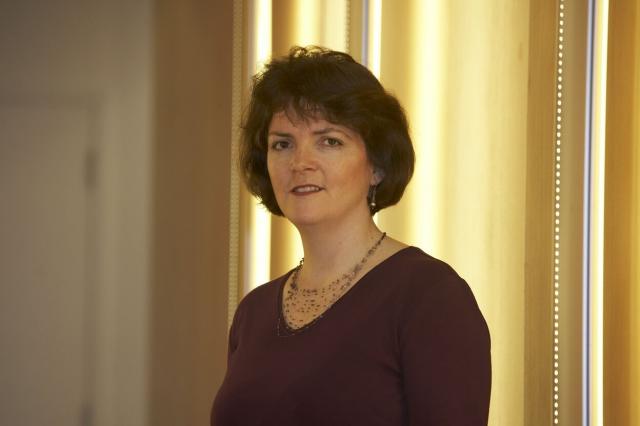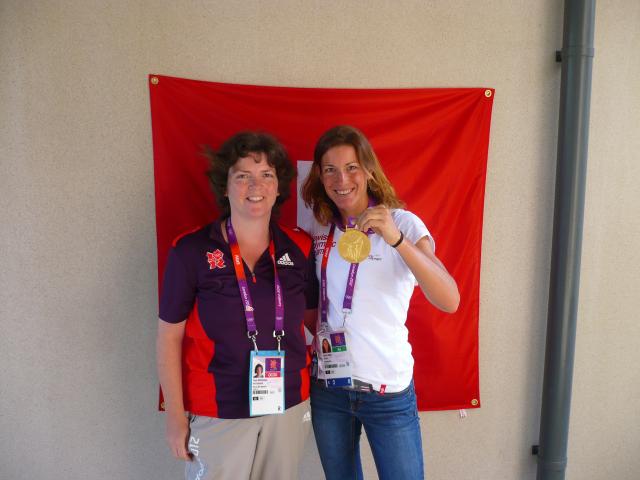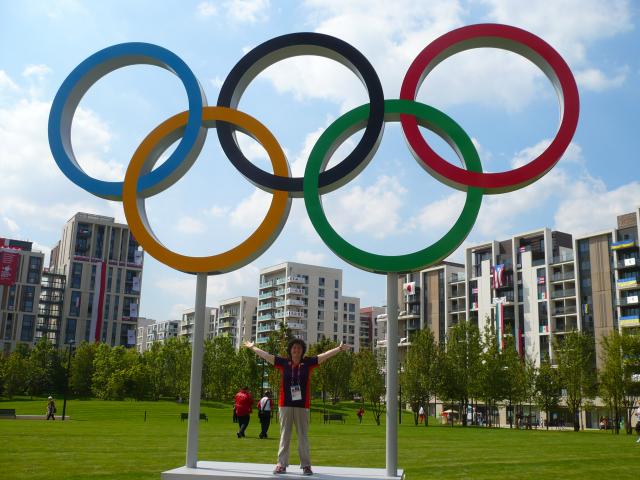
The biggest project delivered in the UK in 2012
I doubt many members of the public looked at the London Olympic and Paralympic Games with a project manager's eye, but from the moment of my interview to be a Games Maker through to the day I left the Village I was impressed by the scale of what had been delivered. Most people don't realise the vast array of different areas that have to be covered - the venues, ticketing and medal ceremonies are almost the easiest part! Of course it is all done by breaking down into manageable chunks, but I am not surprised it took seven years and that there were a few teething problems (24 million applications for 6 million tickets? Security?). The true mark of a project well delivered will be the ongoing use of all the wonderful venues and an increase in sports participation by all ages. If you would like to know more about my involvement and my perception of the different areas of delivery of the Olympics, please get in touch. It makes a great case study for training!
Volunteering at London 2012
I first applied to be a volunteer (later rebranded "Games Maker") in September 2010. After filling in and submitting a long online form, I heard nothing until September 2011 when I was invited for an interview at London Excel. This was my first encounter with what was to prove the ongoing efficiency of the London 2012 organisation. People from all walks of life arrived for a briefing and interview (also conducted by a volunteer), and the whole process took far less than the 2 hours we had been told to allow.
In December 2011 I was offered the role of an NOC Assistant. NOC stands for "National Olympic Committee", and the role was to provide support to one of the 204 competing teams, to help them to ensure a trouble-free and enjoyable experience at the Games.
Training followed - 8 different sessions over 7 months in various parts of East London never visited before. We were constantly told that it was hard to train us for our role as everyone's experience would be different. The most concrete training was the driver training in June, when we learnt how to use the Olympic-specific satnav system developed by BMW and gained some experience in the traffic around Stratford, driving out to various venues.
In May I found I had been allocated to Switzerland, my first choice, as it allowed me to use both my French and German. 7 of us were assigned to the Swiss team, of whom I was one of the few who was neither Swiss nor had lived there!
Games Time
The Olympic Village opened its doors on Monday July 9th. The Swiss management team arrived on July 12th and we began a happy association with a highly efficient group of people. These teams really are the experts in running Olympic Games - they organise and attend them every 2 years, after all! The Swiss were generous in their provision of chocolate and very organised; we arrived each day to find a list of tasks to complete and even the flights bringing their athletes arrived early!
I was fortunate to spend a lot of time meeting athletes at Heathrow and taking them to accommodation outside the Olympic Village. My top moment was meeting Nicola Spirig, the eventual gold medal winner of the Women's Triathlon. You could not meet a more down-to-earth, charming young lady and I was delighted to meet her again after the event and to be given a chance to hold her gold medal!

